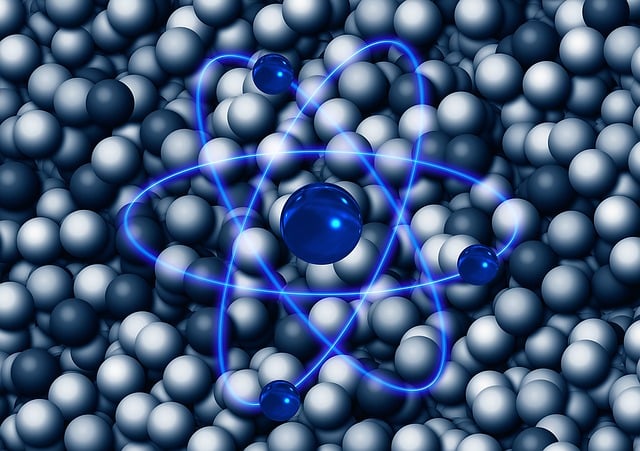Radioisotopes used in medicine
Radioisotopes are isotopes that are radioactive, meaning they emit ionizing radiation as they decay. Radioisotopes are used in a variety of medical applications, including:
- Diagnostic imaging: Radioisotopes can be used to produce images of the inside of the body. For example, technetium-99m is a commonly used radioisotope for nuclear medicine imaging procedures, such as SPECT (single photon emission computed tomography) and PET (positron emission tomography).
- Cancer treatment: Radioisotopes can be used to kill cancer cells or shrink tumors. For example, iodine-131 and yttrium-90 are radioisotopes that are used to treat thyroid cancer, while rhenium-186 and rhenium-188 are used to treat brain tumors.
- Medical research: Radioisotopes can be used to study the function of organs and systems in the body. For example, carbon-14 and nitrogen-13 are radioisotopes that are commonly used to study metabolism and blood flow.
- Sterilization: Radioisotopes can be used to sterilize medical equipment and other items. For example, cobalt-60 and iridium-192 are radioisotopes that are used to sterilize single-use medical devices and instruments.
Radioisotopes have a number of advantages for use in medicine, including their ability to target specific cells or tissues and their ability to produce detailed images of the inside of the body. However, they also have some limitations and risks, such as the potential for radiation exposure and the need for careful handling and disposal.
Radioisotopes medicine therapy
They can be used in medicine for therapy, which is the use of radioisotopes to treat medical conditions. Radioisotope therapy can be used to:
Kill cancer cells or shrink tumors: Radioisotopes can be used to target and kill cancer cells or shrink tumors. For example, iodine-131 and yttrium-90 are radioisotopes that are used to treat thyroid cancer, while rhenium-186 and rhenium-188 are used to treat brain tumors.
Relieve pain: Radioisotopes can be used to reduce inflammation and relieve pain. For example, strontium-89 is a radioisotope that is used to treat bone pain caused by bone metastases.
Treat hormonal imbalances: Radioisotopes can be used to treat conditions caused by hormonal imbalances, such as hyperthyroidism. For example, iodine-131 is a radioisotope that is used to treat an overactive thyroid gland.
Improve blood flow: Radioisotopes can be used to improve blood flow to tissues and organs. For example, samarium-153 is a radioisotope that is used to treat bone pain caused by osteoporosis.
Radioisotope therapy has a number of advantages, including its ability to target specific cells or tissues and its ability to produce a high level of radiation in a small area. However, it also has some limitations and risks, such as the potential for radiation exposure and the need for careful handling and disposal.
Frequently Asked Questions – FAQs
Sure, here are a few frequently asked questions about radioisotopes:
What are radioisotopes?
Radioisotopes are isotopes that are radioactive, meaning they emit ionizing radiation as they decay. They are commonly used in medicine for diagnosis, treatment, and research.
How are radioisotopes used in medicine?
Radioisotopes are used in a variety of medical applications, including diagnostic imaging, cancer treatment, medical research, and sterilization. They are used to produce images of the inside of the body, kill cancer cells or shrink tumors, study the function of organs and systems in the body, and sterilize medical equipment and other items.
Are radioisotopes safe?
Radioisotopes are generally safe when used as directed and under the supervision of a trained medical professional. However, they do emit ionizing radiation, which can be harmful if a person is exposed to high levels of it. It is important to follow safety guidelines when handling and using radioisotopes to minimize the risk of radiation exposure.
How are radioisotopes produced?
Radioisotopes can be produced through a variety of methods, including neutron irradiation, proton irradiation, and fission. They can also be extracted from naturally occurring radioactive elements, such as uranium and thorium.
Let me know if you have more questions or if there is a specific topic that you would like to know more about.





If you have any doubts, please let me know